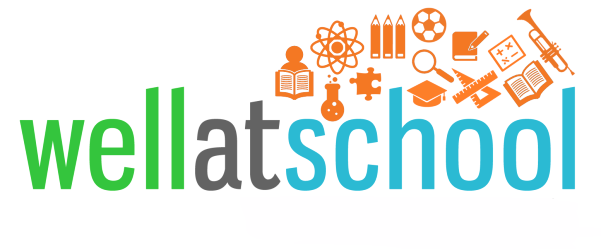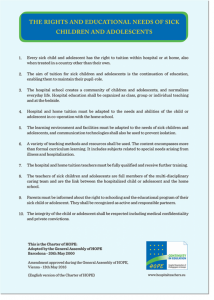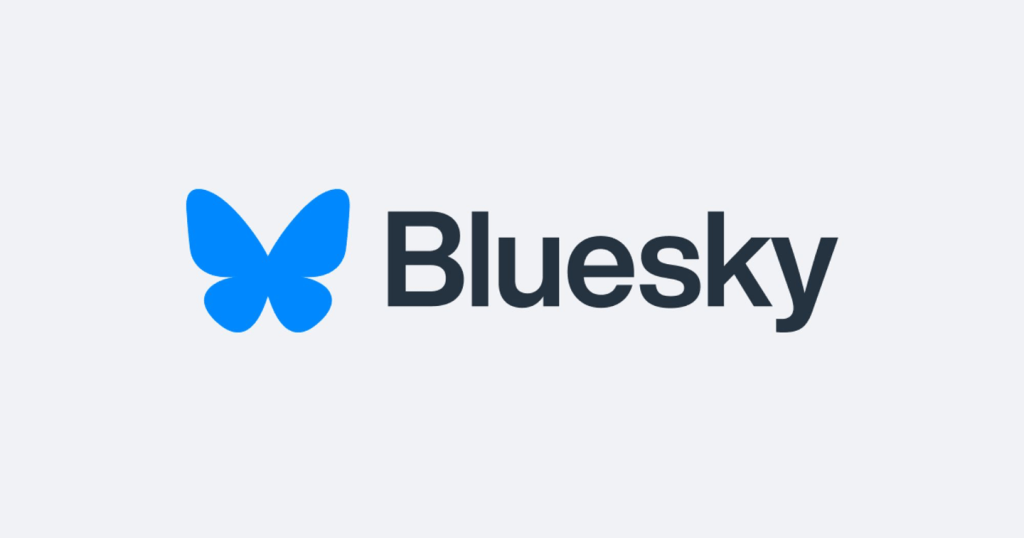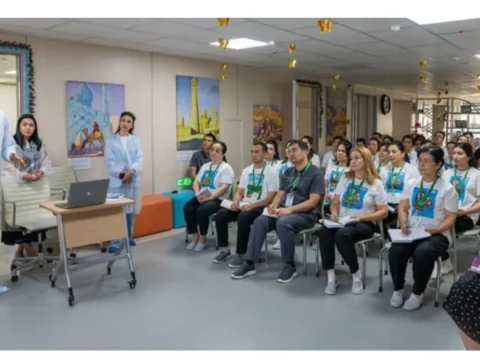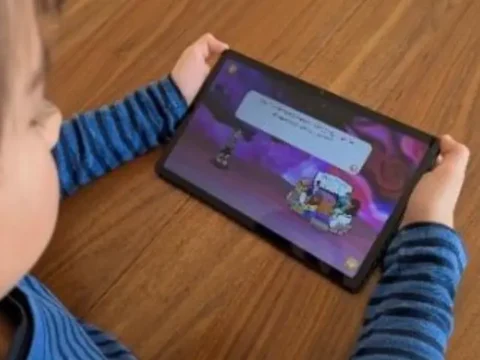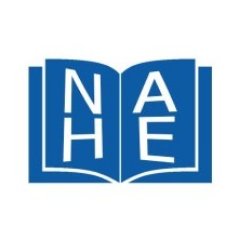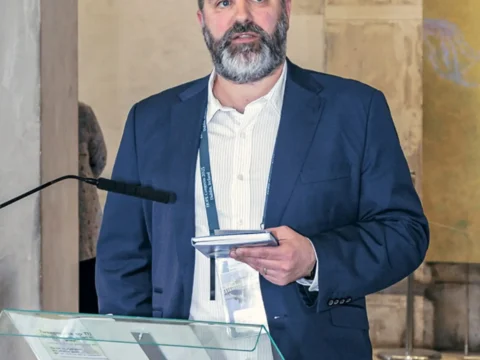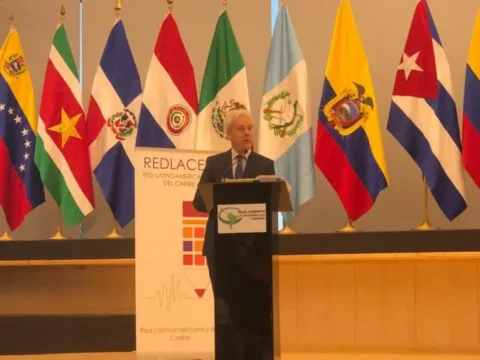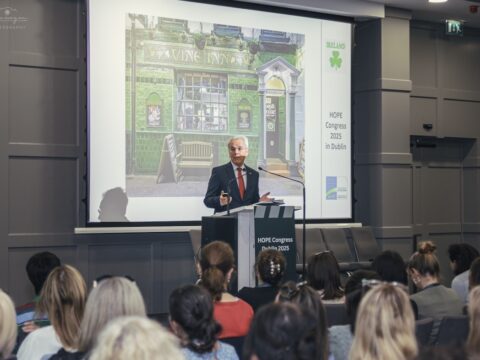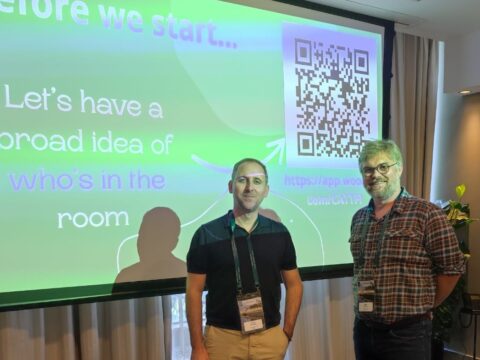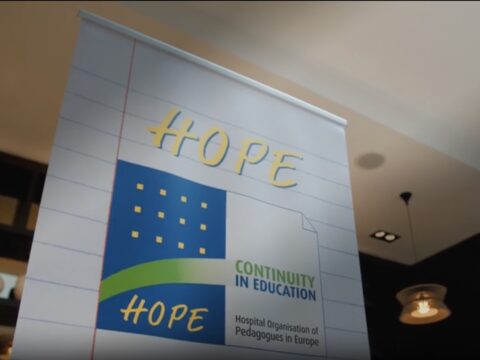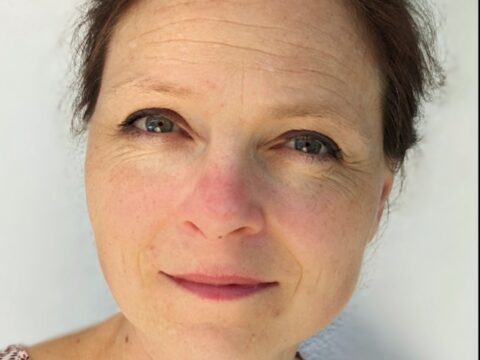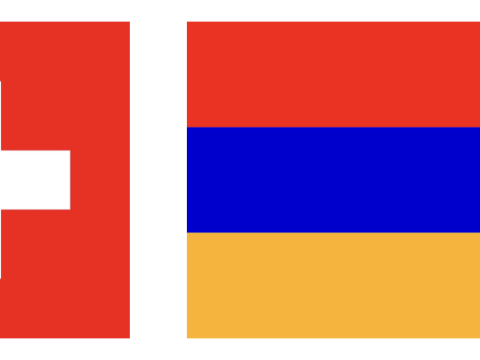How long had we known about HOPE ? Too long for not joining in.
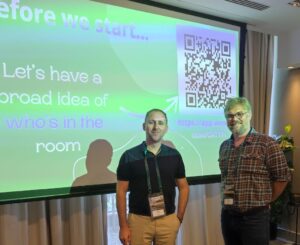
We started taking part in Erasmus+ projects over more than a decade ago. Each time our European partners would inevitably refer to previous editions of the conference and look forward to the next with such genuine excitement that it fuelled our FOMO syndrome to a critical degree.
We are both teachers at a hospital school in western France designed for young folks suffering from mental health issues. Our structure is so fundamentally attached to combine healthcare and education efforts that it would have been uncanny not to commit ourselves to these exchanges.
It took us some time, as questions about how our participation would be funded hindered our actual participation to the event. These material considerations will probably remain pretty challenging in the future but we’ll manage.
As soon as the new call for talks and workshops was published we jumped on the occasion and cooked up the following workshop : How Should I teach Now that I know ? The challenges of sharing medical confidentiality in the provision for young people with mental health issues.
Even before setting foot in Ireland, we were already delighted to have worked with all our colleagues on this interdisciplinary project. The concept of shared confidentiality is not easy to define, caught between ethical principles and the realities on site, but we were able to get everyone working on this issue, which can provide us with constant food for thought until we retire.
Once in Dublin, the least we can say is that we were not disappointed.
There were more teachers at the conference than we expected, which is a key factor in our positive experience and our desire to develop our involvement with HOPE. Indeed, most of the meetings and seminars we participate in often place education in a subordinate position to the medical sphere. In the discussions and presentations at HOPE, teaching practices are given a central stage and in-depth testimonies are to be heard. Time limitations were easily offset by prolonged informal talks outside the conference rooms.
We then engaged in a delightful four-day chathaton on our own will. The desire to meet passionate professionals and expand even further our network of potential partners was common to many attendants and our hospital teacher selves were titillated by this sincere drive to share.
HOPE was home to us as we experienced a very healthy sense of community.
The programme on offer was so lavishly composed that we had to make some difficult choices.
Overall, we were very interested in the reports of experiences of reintegration back into mainstream education but the presentation on supportive action for anorexic students by our Dutch colleagues,
the Adelaide hospital school experience report on their inclusive approach towards transgender students and the London-based team’s presentation on use of a sensory floor to establish meaningful communication and a sense of self were so inspiring.
Despite contrasted cultural and medical backgrounds, a common denominator always emerged, reminding yourself why you tread that path. Finding yourself in such a place with so many nationalities represented is exceptional.
The initial session and the time with the hospital school students was a model of how insiders’ experiences can be received, with a very appropriate level of sensitivity. No better opening could be made.
Congratulations to the organising team in Dublin.
Thanks to you all, dear committee members and conference attendants.
We’d be delighted to get in touch with you before the next HOPE conference for any collaborative work or visit you’d like to pay us here in France.
Youenn Collobert and Julien Bouvier
Teachers at Le lycée de la Clinique Soins-Etudes FSEF, Sablé sur Sarthe (France)
https://www.fsef-sante-etudes.fr/







